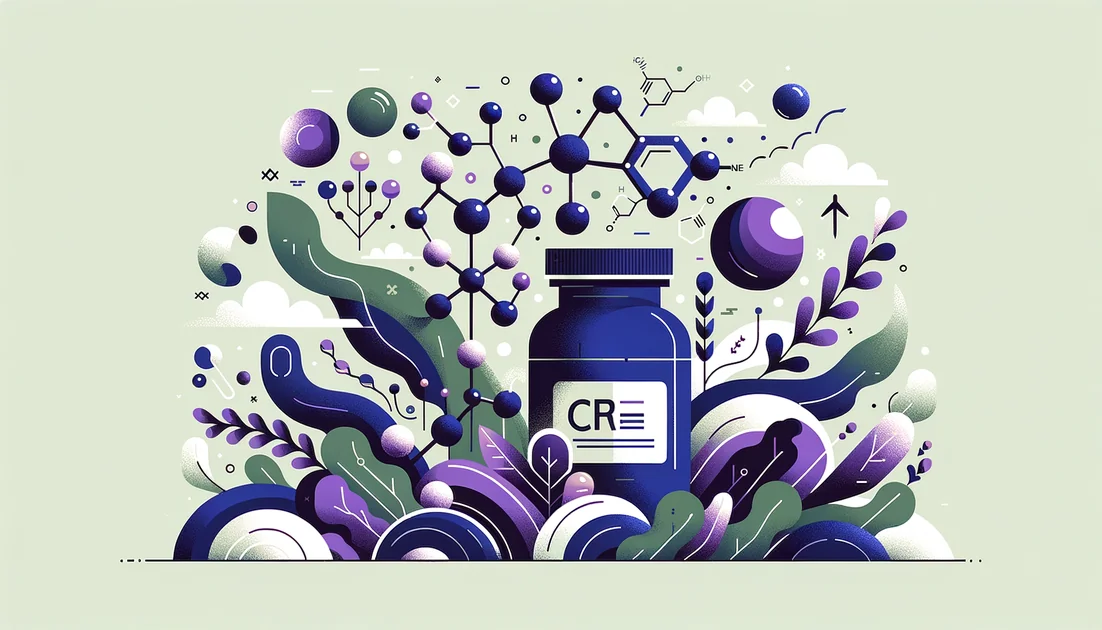
NOW Foods: The Testing Standard at Value Prices—With a Transparency Blind Spot
Our Verdict
Comprehensive analysis shows a brand that largely earns its reputation the hard way: through accredited in-house science, meaningful third-party certifications where they matter, and a rare willingness to 'name-and-shame' bad actors in the marketplace. On quality-per-dollar, NOW is a standout. The flipside: limited public batch COAs can frustrate transparency-focused consumers, and a 2024 sub-potency recall (plus sporadic food recalls) proves that even strong systems are not infallible. Bottom line: NOW is a high-confidence value choice for most routine supplements, with a few categories (fish oils, seaweeds) where transparency-maximalists may prefer COA-publishing or IFOS-certified specialists. [1][2][5][7][9][11][12][32].
How we investigated:We analyzed NOW's quality claims against hard evidence: accreditation records, third-party certifications, independent test databases, regulatory filings/recalls, and customer-reported patterns. We then pressure-tested value versus peers and probed transparency on batch COAs. The picture that emerges is a testing-led, value-driven manufacturer with credible third-party validations and consumer-friendly pricing—marred by limited public COAs and a small number of recalls (mostly foods) plus one notable 2024 supplement sub-potency recall. [2][4][6][8][11][12][13][14][15].
Ideal For
- Cost-conscious shoppers seeking solid, tested basics (vitamins, minerals, joint support).
- Athletes needing Informed-Sport options without boutique prices.
- Retail buyers who value a brand actively exposing marketplace fraud.
Avoid If
- You require public, batch-specific COAs for every product you take.
- You're extremely risk-averse with seaweeds or fish oils and prefer IFOS/lot-lookup COAs.
Best Products
- Zinc 50 mg
- Glucosamine capsules
- NOW Sports Informed-Sport line (e.g., Advanced Joint Support)
Investigation reveals a rare combination in mass-market supplements: an ISO 17025–accredited in-house lab network running about 31,000 tests each month and broad Informed-Sport certifications—paired with industry-leading 'policing' of low-quality Amazon brands. Yet, batch-level COAs for NOW's own supplements are not routinely published, and a 2024 sub-potency recall shows even rigorous systems can miss. [1][2][5][7][9][11].
Ranked by verified review count
Common Questions
Does NOW publish batch Certificates of Analysis (COAs)?
Not routinely. NOW emphasizes ISO-accredited in-house testing and supplier audits, but public lot-level COAs are not broadly available. [23].
Is NOW good for athletes subject to drug testing?
Yes—choose NOW Sports products with the Informed-Sport logo; each lot is screened for banned substances by LGC. [5][6].
Any notable supplement quality issues?
A 2024 Phosphatidyl Serine 300 mg recall addressed sub-potency in certain lots; foods (not supplements) have had sporadic recalls. [11][13][14][15][12].
What to Watch For
Watch for expansion of ISO scopes or publication of select COAs to close transparency gaps; continue monitoring for outcomes of pending/ongoing litigation over label claims (e.g., magnesium citrate case) and any further Amazon testing reports from NOW. [26].
Most Surprising Finding
NOW's own tests have repeatedly found severe under-potency and mislabeling among Amazon-only brands—sometimes below 10% of label claim—yet many remain listed and even 'sponsored' on the platform. [7][8][9][10].
Key Findings
Testing leadership: NOW's in-house labs perform ~31,000 analyses monthly and hold ISO/IEC 17025 accreditation—unusual for in-house supplement labs—covering advanced methods (multi-pesticide LC/GC-MS/MS; PCR pathogen detection; arsenic speciation). [1][2][3].
Third-party assurances where it matters most: extensive Informed-Sport coverage for NOW Sports; results are also blind-sampled at retail by LGC. [5][6].
Industry 'policing' program: Since 2017, NOW has repeatedly bought and tested competitor products on Amazon (CoQ10, SAM-e, phosphatidylserine, resveratrol, quercetin), documenting widespread under-potency and mislabeling and sharing data with media, FDA, and Amazon. [9][10][7][8].
Value advantage: For core commodities (e.g., magnesium), NOW's price-per-dose trends far below premium peers while maintaining credible quality signals (Labdoor A-scores on several items). Example snapshot (Sept 2025): NOW Magnesium Glycinate 200 mg/serving ≈ $0.28 per serving (Amazon listing), vs Thorne Magnesium Bisglycinate powder ≈ $0.80 per 200 mg serving (brand-site pricing). [28][29][17][18][19].
Transparency gap: Despite strong lab credentials, NOW does not routinely publish batch COAs for its own supplements; customer attempts to obtain COAs are often redirected to general testing statements. [23].
What Customers Say
Perceived trustworthy value brand among supplement enthusiasts
Common in Reddit threads discussing reliable budget brands.
"I only buy from NOW foods... this is my brand to go when I want good quality." [Reddit] [27].
Strong price-to-trust perception helps NOW win cost-conscious buyers.
Frustrations with customer service/packaging and isolated quality complaints
Scattered complaints across BBB/Trustpilot (small volumes).
"NOW vitamins... packaging does not have proper seal." [Trustpilot] [22].
"Refund delays... customer service is nothing like it used to be." [BBB] [21].
Customer care is not a standout; buy from retailers with easy returns.
Ambivalence over third-party testing visibility
Frequent forum debates when users seek COAs.
"They don't do any third party testing... you'll have to take their word for it." [Reddit] [24].
Transparency-seeking buyers may prefer brands publishing batch COAs.
Expert Perspectives
Independent dietitian review describes robust in-house testing and selective third-party certifications, with many research-backed ingredients—while noting not all products are third-party tested. [16].
Labdoor independent assays show several NOW staples meeting or exceeding label claims with low contaminants, supporting quality-per-dollar framing. [17][18][19].
You might also like
Explore more of our evidence-led investigations, comparisons, and guides across every article style.

Thorne
The Paradox: Sports-trusted testing, guarded transparency—and a recent certification misstep


Best for muscle growth
Creatine monohydrate: 3–5 g daily

Boron
A mineral that helped preserve Egyptian mummies also sits at the heart of a modern cancer drug—and may nudge your bones, vitamin D, and inflammation in subtle ways.


Tocotrienols
The stealthier cousins of vitamin E—built with springy tails that move differently in cell membranes and behave differently in your body.
